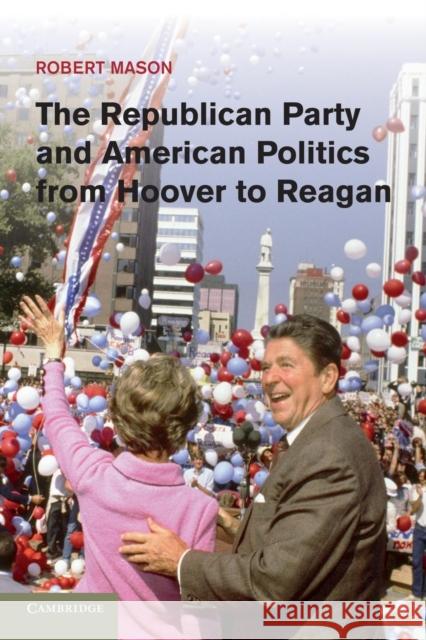The Republican Party and American Politics from Hoover to Reagan » książka
The Republican Party and American Politics from Hoover to Reagan
ISBN-13: 9781107666146 / Angielski / Miękka / 2014 / 322 str.
During a long period of the twentieth century, stretching from the Great Depression until the Reagan years, defeat generally characterized the electoral record of the Republican party. Although Republicans sometimes secured victory in presidential contests, a majority of Americans identified with the Democratic party, not the GOP. This book investigates how Republicans tackled the problem of their party's minority status and why their efforts to boost GOP fortunes usually ended in failure. At the heart of the Republicans' minority puzzle was the profound and persistent popularity of New Deal liberalism. This puzzle was stubbornly resistant to solution. Efforts to develop a Republican version of government activism met little success. The same was true of conservative strategies that stressed a more fundamental rejection of the Democrats' arguments. Technocratic initiatives to improve party organization and communications similarly failed to facilitate an electoral breakthrough. Only the Democratic party's decline eventually created opportunities for Republican resurgence. This book is the first to offer a wide-ranging analysis of the topic, which is of central importance to any understanding of modern U.S. political history.











